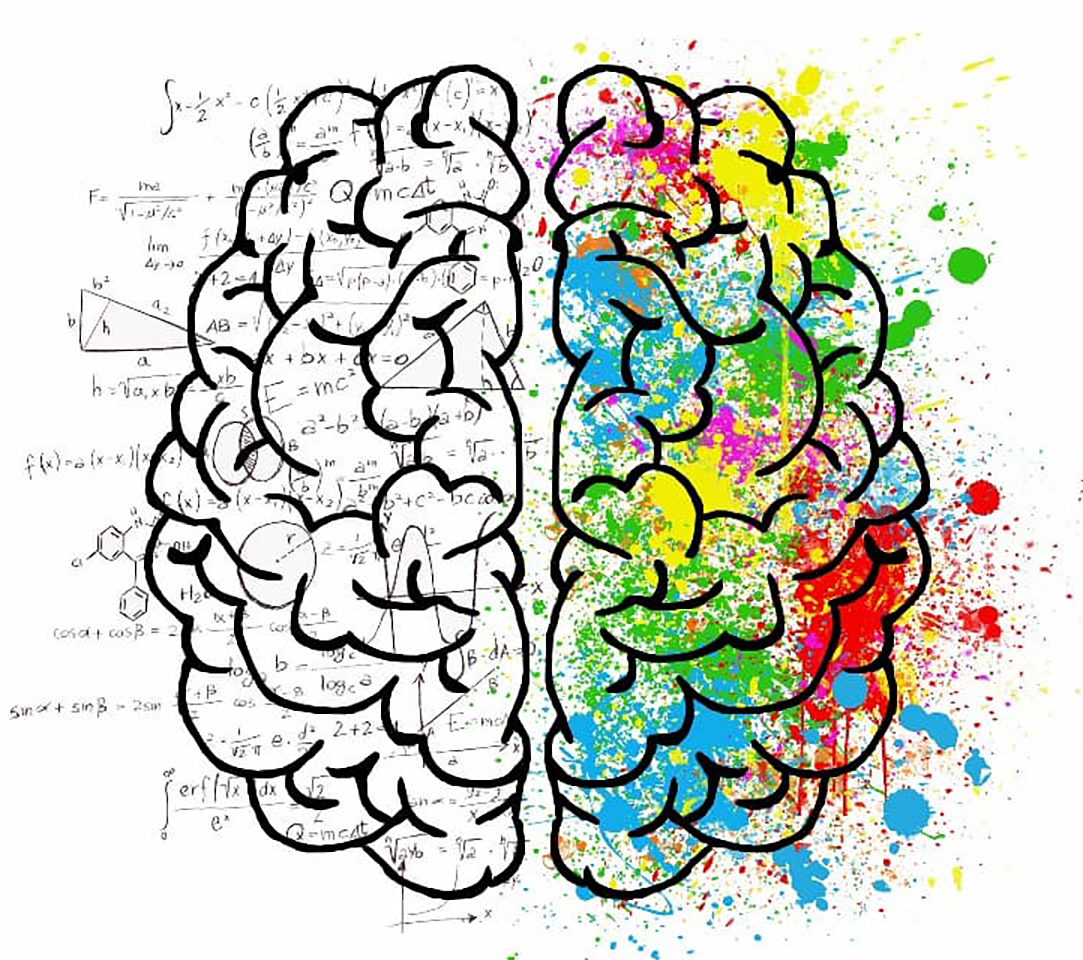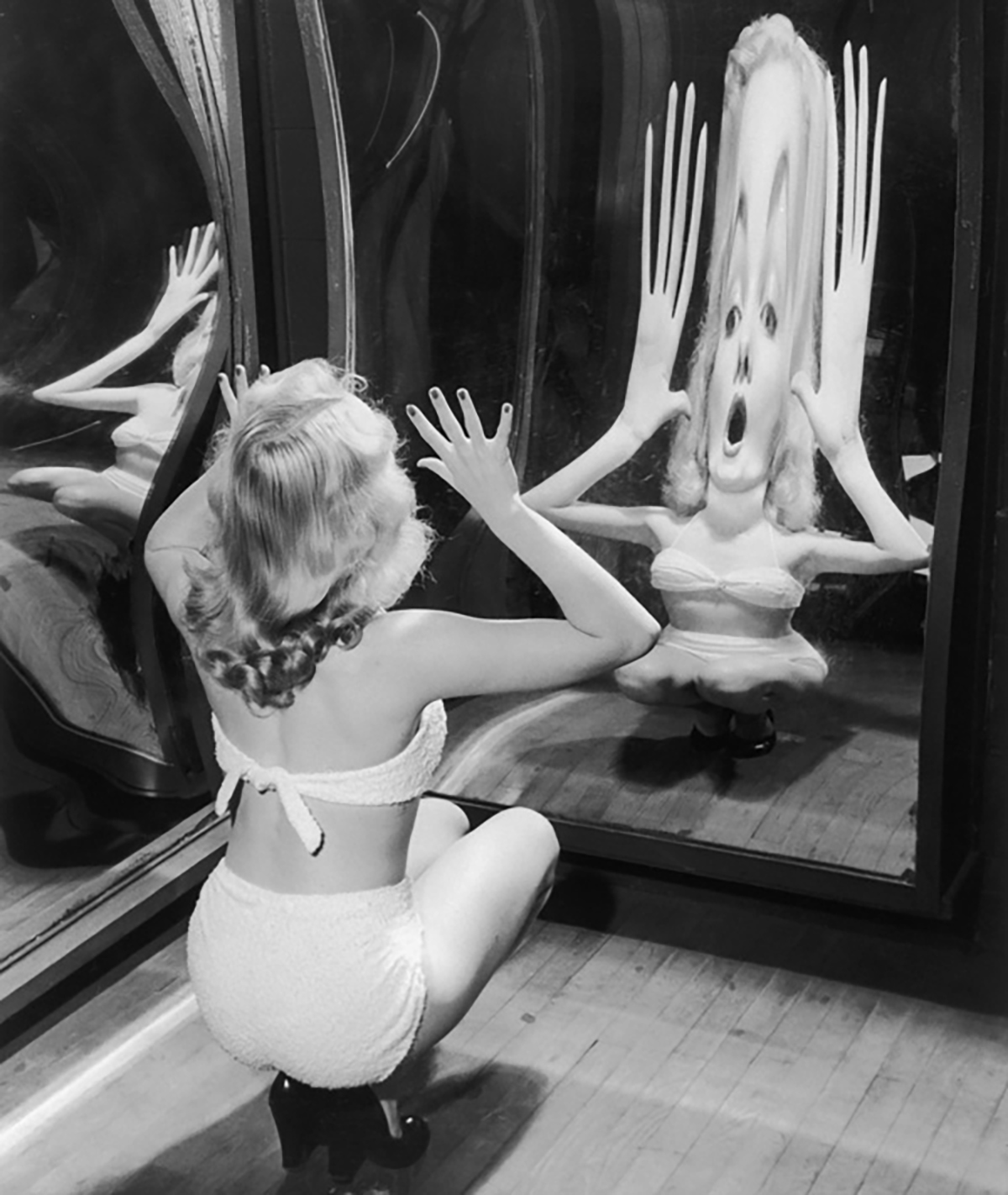Psychology Pathways

Psychology Unit 1


Overview
In this unit you will examine the complex nature of psychological development, including situations where psychological development may not occur as expected. You will examine the contribution that classical and contemporary knowledge from Western and non-Western societies, including Aboriginal and Torres Strait Islander peoples, has made to an understanding of psychological development and to the development of psychological models and theories used to predict and explain the development of thoughts, emotions and behaviours. You will investigate the structure and functioning of the human brain and the role it plays in mental processes and behaviour and explore brain plasticity and the influence that brain damage may have on a person’s psychological functioning.
A student-directed research investigation into contemporary psychological research is undertaken in Area of Study 3. The investigation involves the exploration of research, methodology and methods, as well as the application of critical and creative thinking to evaluate the validity of a research study by analysing secondary data. The investigation draws on the key science skills and key knowledge from Area of Study 1 and/or Area of Study 2.
Unit Prerequisites
Any Year 10 Science
Areas of Study
- Area of Study 1: What influences psychological development?
- Area of Study 2: How are mental processes and behaviour influenced by the brain?
- Area of Study 3: How does contemporary psychology conduct and validate psychological research?
Download > VCE Psychology Study Design
Unit Assessment
Assessment for Outcome 1 and Outcome 2 may be selected from a variety of tasks: analysis and evaluation of an experiment or case study, data analysis, reflective annotations, media analysis, literature review, response to a psychological issue or ethical dilemma, modelling or simulation activity, problem solving involving psychological concepts or a report of a scientific investigation.
Assessment for Outcome 3 will be a response to an investigation into contemporary psychological research and how science can be used to explore and validate psychological research questions
Pathways
VCE Psychology Unit 1 and/or Unit 2 can be taken by Year 10 students as an elective but it cannot be counted as one of the 2 compulsory Science units.
Most students entering Unit 3 & 4 Psychology have completed at least a minimum of Unit 1 Psychology.
If you are seeking to commence Psychology studies at Unit 3 you should consult with VCE Psychology teachers Mrs. Macklin, Mrs. Bunning, Ms. Prosser, Ms. Merrett or Mr Vecchio about whether this is appropriate for you. Study of at least one other VCE Science subject at the Unit 1 and 2 level would be required in this case.
Psychology Unit 2


Overview
In Unit 2 you will evaluate the role social cognition plays in a person’s attitudes, perception of themselves and relationships with others. You will explore a variety of factors and contexts that can influence the behaviour of individuals and groups, recognising that different cultural groups have different experiences and values. Students are encouraged to consider Aboriginal and Torres Strait Islander people’s experiences within Australian society and how these experiences may affect psychological functioning.
You will examine the contribution that classical and contemporary research has made to the understandings of human perception and why individuals and groups behave in specific ways. You will also investigate how perception of stimuli enables a person to interact with the world around them and how their perception of stimuli can be distorted.
A student-adapted or student-designed scientific investigation is undertaken in Area of Study 3. The investigation involves the generation of primary data and is related to internal and external factors that influence behaviour and mental processes. The investigation draws on key knowledge and key science skills from Area of Study 1 and/or Area of Study 2.
Unit Prerequisites
Any Year 10 Science, or Unit 1 Psychology (not compulsory).
Areas of Study
- Area of Study 1: How are people influenced to behave in particular ways?
- Area of Study 2: What influences a person’s perception of the world?
- Area of Study 3: How do scientific investigations develop understanding of influences on perception and behaviour?
Download > VCE Psychology Study Design
Unit Assessment
Assessment for Outcome 1 and Outcome 2 may be selected from a variety of tasks: analysis and evaluation of an experiment or case study, data analysis, reflective annotations, media analysis, literature review, response to a psychological issue or ethical dilemma, modelling or simulation activity, problem-solving involving psychological concepts or a report of a scientific investigation.
Assessment for Outcome 3 will be a report of a student-adapted or student-designed scientific investigation using a selected format, such as a scientific poster, an article for a scientific publication, a practical report, an oral presentation, a multimedia presentation or a visual representation.
Pathways
VCE Psychology Unit 1 can be taken by Yr 10 students as an elective but it cannot be counted as one of the 2 compulsory Science units.
Most students entering Unit 3 & 4 Psychology have completed at least a minimum of Unit 1 Psychology.
If you are seeking to commence Psychology studies at Unit 3 you should consult with VCE Psychology teachers Mrs. Macklin, Mrs. Bunning, Ms. Prosser, Ms. Merrett or Mr Vecchio about whether this is appropriate for you. Study of at least one other VCE Science subject at the Unit 1 and 2 level would be required in this case.
Psychology Unit 3


Overview
You will investigate the contribution that classical and contemporary research has made to the understanding of the functioning of the nervous system and to the understanding of biological, psychological and social factors that influence learning and memory.
You will investigate how the human nervous system enables a person to interact with the world around them. You will explore how stress may affect a person’s psychological functioning and consider stress as a psychobiological process, including emerging research into the relationship between the gut and the brain in psychological functioning.
You will also investigate how mechanisms of learning and memory lead to the acquisition of knowledge and the development of new and changed behaviours. You will consider models to explain learning and memory as well as the interconnectedness of brain regions involved in memory. The use of mnemonics to improve memory is also explored, including Aboriginal and Torres Strait Islander peoples’ use of place as a repository of memory.
Prerequisites
Most students entering Unit 3 & 4 Psychology have completed at least a minimum of Unit 1 Psychology. If you are seeking to commence Psychology studies at Unit 3 you should consult with VCE Psychology teachers Mrs Macklin, Mrs Bunning, Ms Prosser or Ms Merrett about whether this is appropriate for you. Study of at least one other VCE Science subject at the Unit 1 and 2 level would be required in this case.
Areas of Study
- Area of Study 1: How does the nervous system enable psychological functioning?
- Area of Study 2: How do people learn and remember?
Download > VCE Psychology Study Design
Unit Assessment
- Unit 3 School assessed coursework (SACs) 20%
- Unit 4 School assessed coursework (SACs) 30%
- End of year examination (50%)
Assessment tasks for Outcome 1 and 2 are selected from: analysis and evaluation of at least one psychological case study, experiment, model or simulation, analysis and evaluation of generated primary and/or collated secondary data, comparison and evaluation of psychological concepts, methodologies and methods, and findings from three student practical activities or analysis and comparison of two or more contemporary media texts.
Psychology Unit 4


Overview
In this unit you will explore the demand for sleep and the influences of sleep on mental wellbeing. You will consider the biological mechanisms that regulate sleep and the relationship between rapid eye movement (REM) and non-rapid eye movement (NREM) sleep across the life span. You will also study the impact that changes to a person’s sleep-wake cycle and sleep hygiene have on a person’s psychological functioning and consider the contribution that classical and contemporary research has made to the understanding of sleep.
You will consider ways in which mental wellbeing may be defined and conceptualised, including social and emotional wellbeing (SEWB) as a multidimensional and holistic framework to wellbeing. You will explore the concept of mental wellbeing as a continuum and apply a biopsychosocial approach, as a scientific model, to understand specific phobia. You will explore how mental wellbeing can be supported by considering the importance of biopsychosocial protective factors and cultural determinants as integral to the wellbeing of Aboriginal and Torres Strait Islander peoples.
A student-designed scientific investigation involving the generation of primary data related to mental processes and mental wellbeing is undertaken in either Unit 3 or Unit 4, or across both Units 3 & 4, and is assessed in Unit 4 Outcome 3.
Prerequisites
Most students entering Unit 3 & 4 Psychology have completed at least a minimum of Unit 1 Psychology. If you are seeking to commence Psychology studies at Unit 3 you should consult with VCE Psychology teachers Mrs. Macklin, Mrs. Bunning, Ms Prosser or Ms Merrett about whether this is appropriate for you. Study of at least one other VCE Science subject at the Unit 1 and 2 level would be required in this case.
Areas of Study
- Area of Study 1: How does sleep affect mental processes and behaviour?
- Area of Study 2: What influences mental wellbeing?
- Area of Study 3: How is scientific enquiry used to investigate mental processes and psychological functioning?
Download > VCE Psychology Study Design
Unit Assessment
- Unit 3 School assessed coursework (SACs) 20%
- Unit 4 School assessed coursework (SACs) 30%
- End of year examination (50%)
Assessment tasks for Outcome 1 and 2 are selected from: analysis and evaluation of at least one psychological case study, experiment, model or simulation, analysis and evaluation of generated primary and/or collated secondary data, comparison and evaluation of psychological concepts, methodologies and methods, and findings from three student practical activities or analysis and comparison of two or more contemporary media texts.

